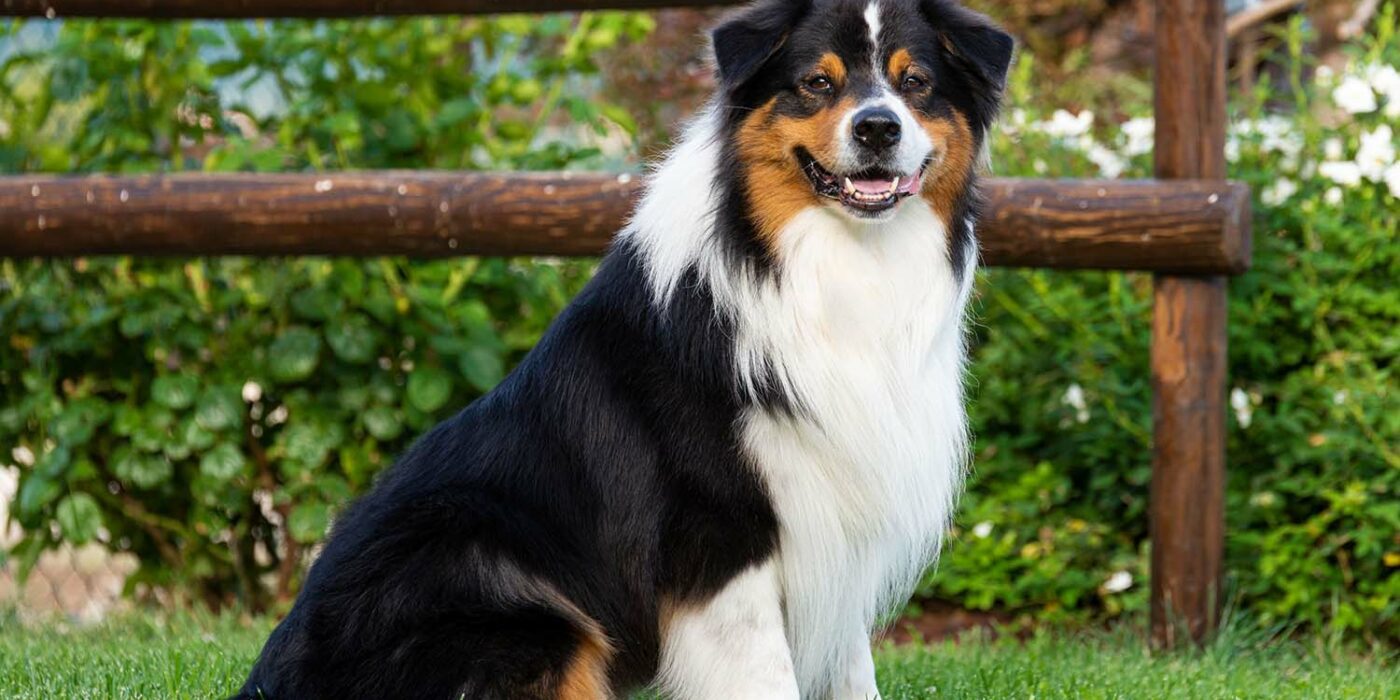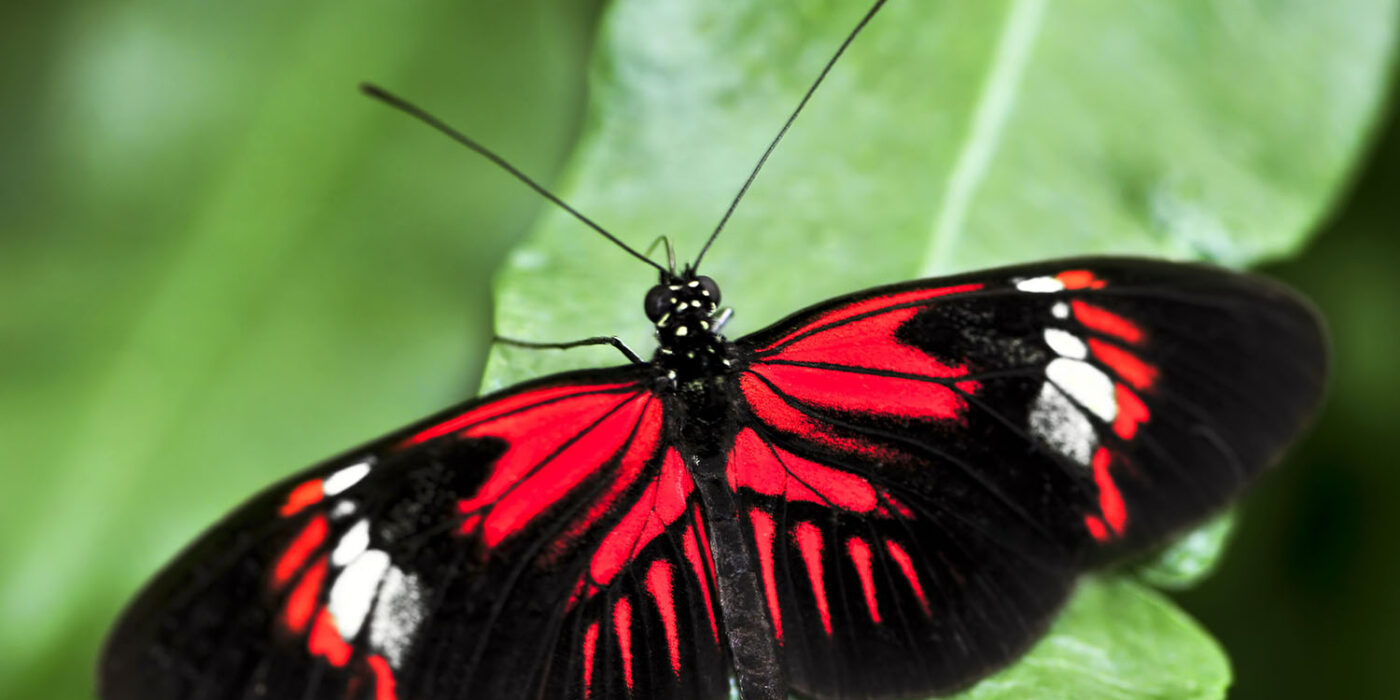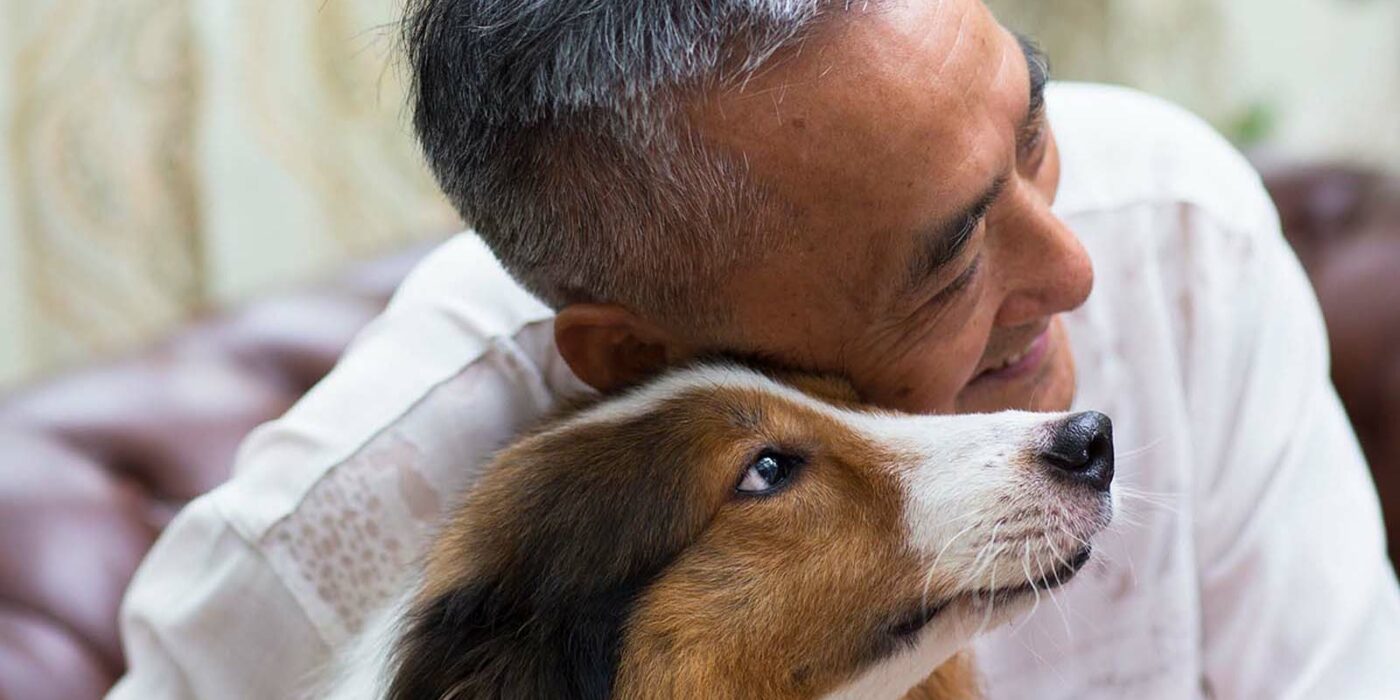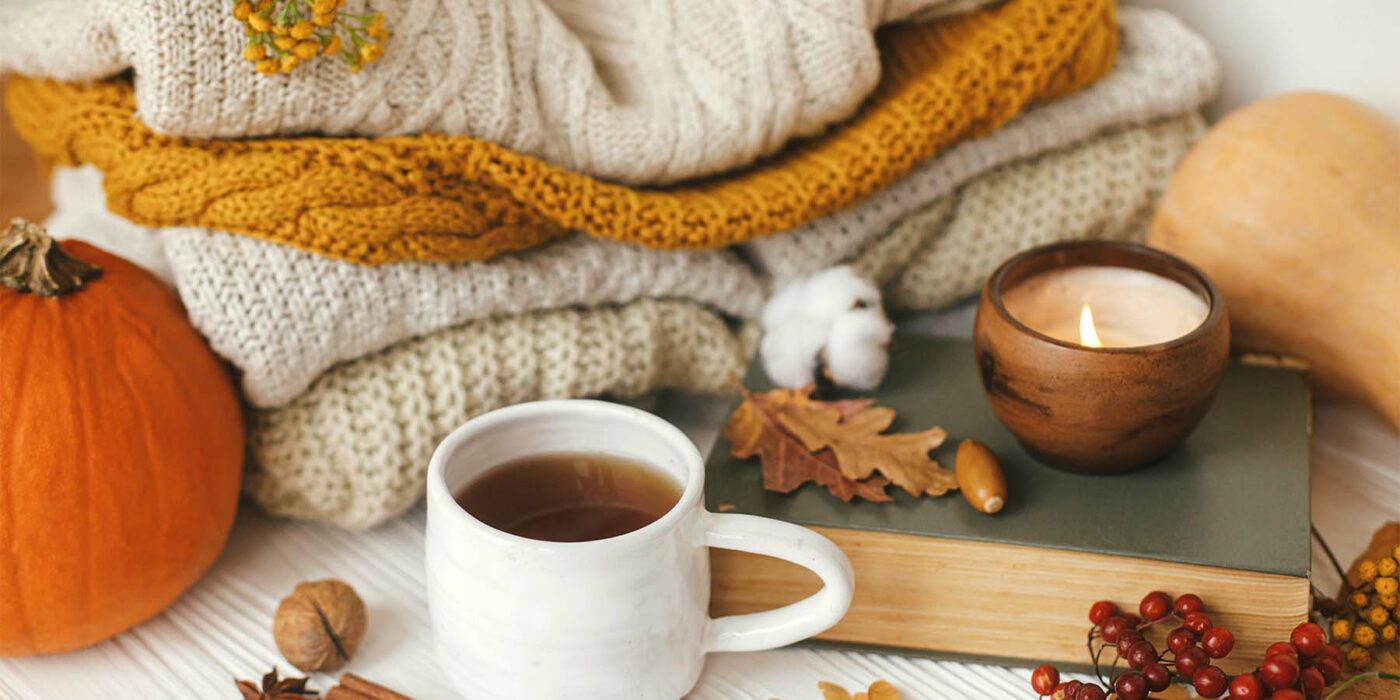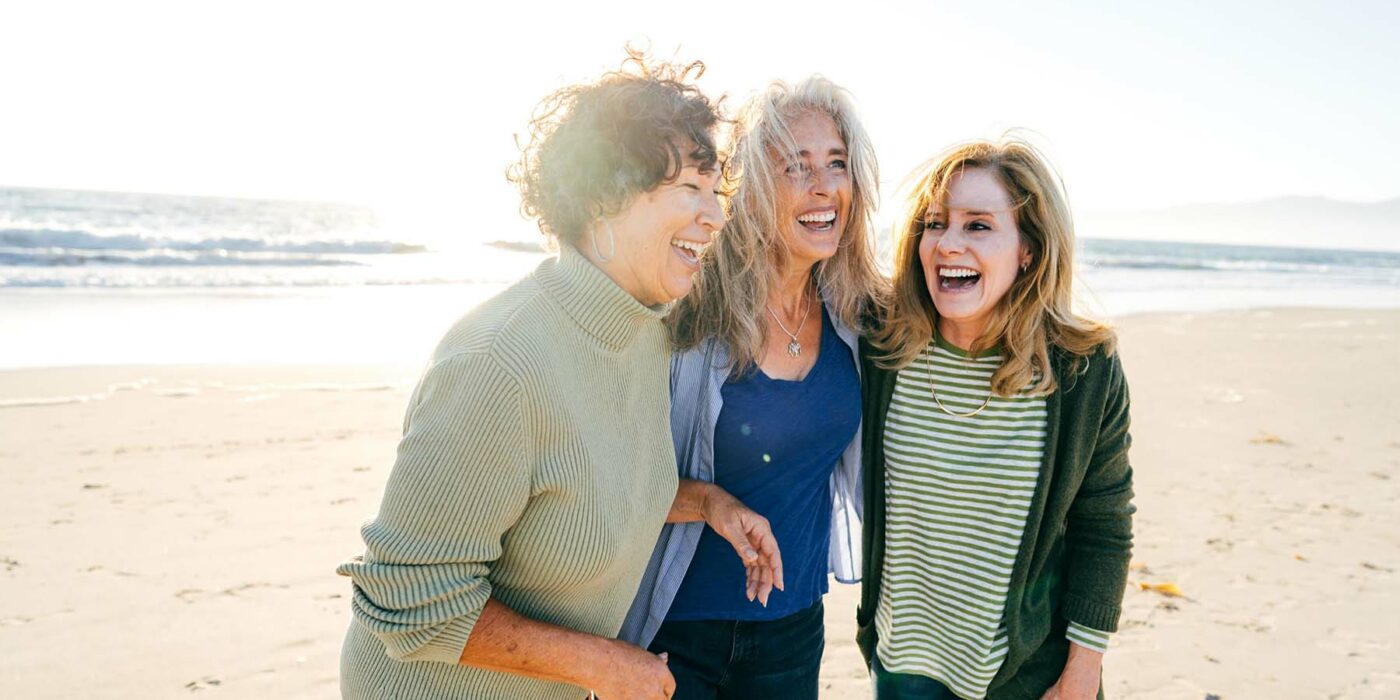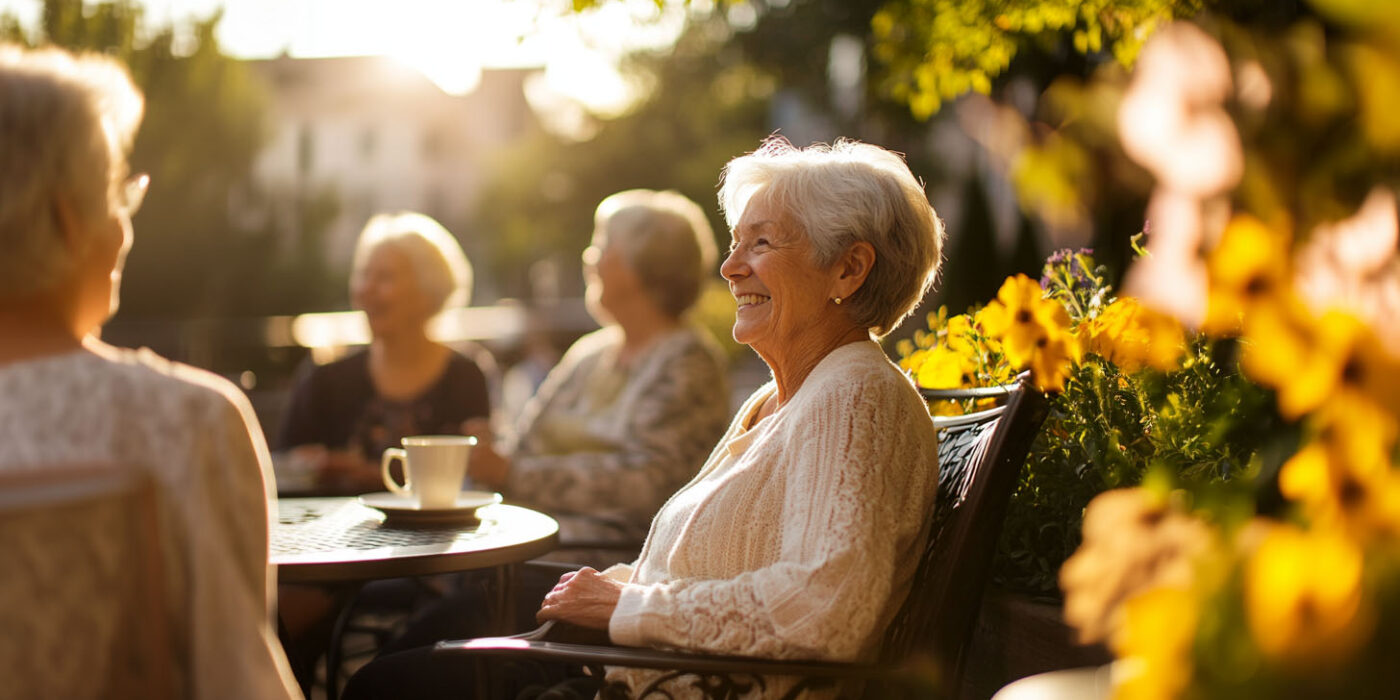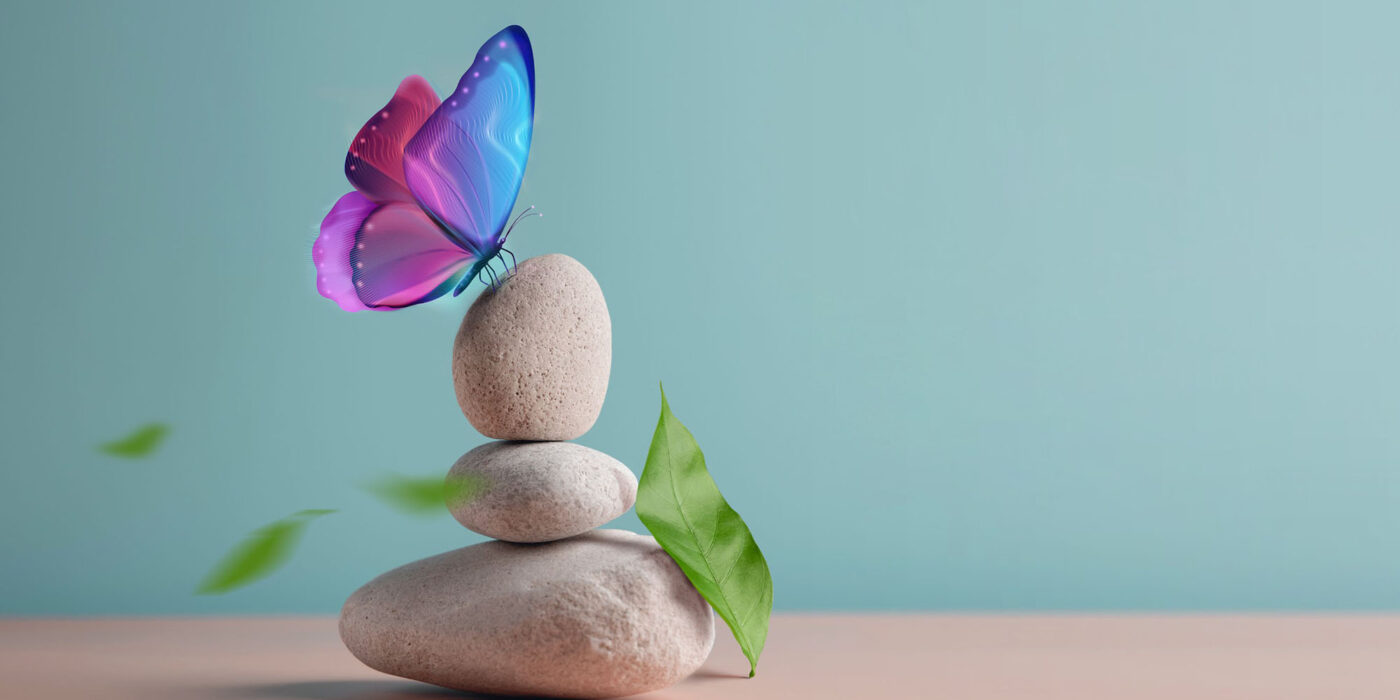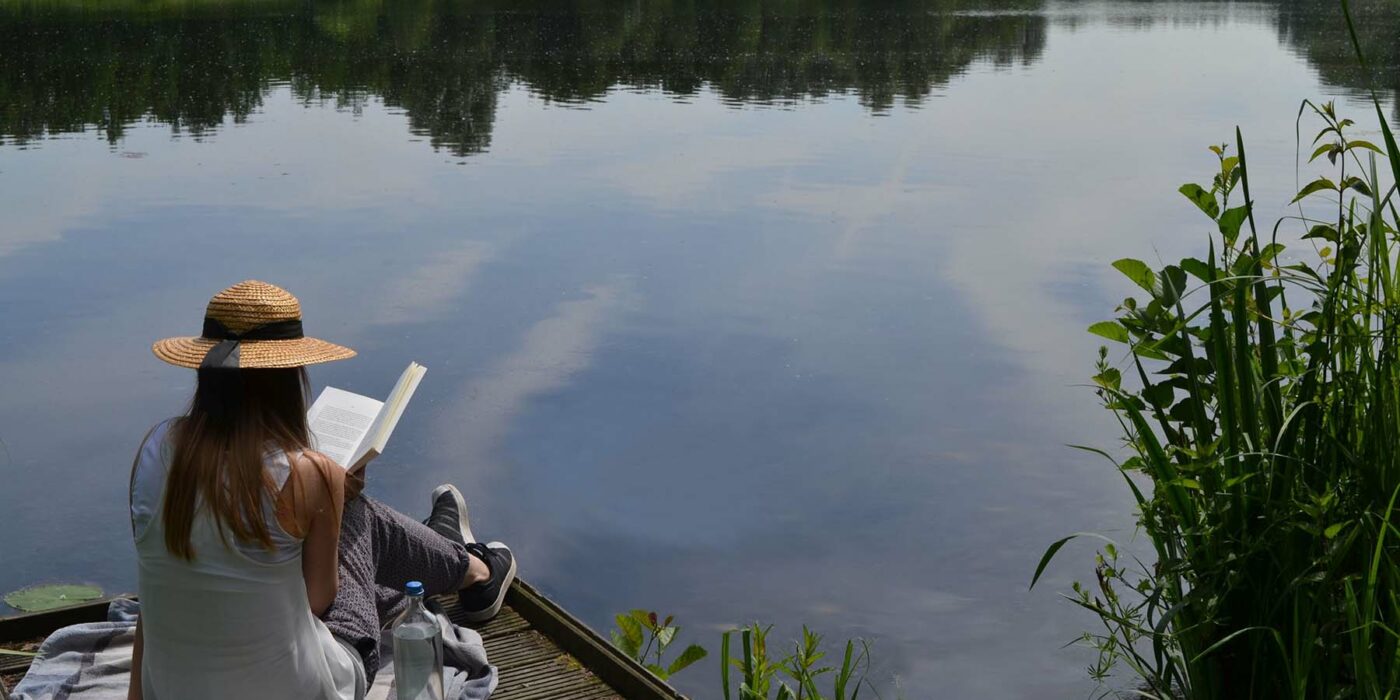Category: Carefreedom Living®
Talking Dog for Sale
A man sees a sign in front of a house:
“Talking Dog for Sale – $10.”
Curious, he knocks on the door, and the owner answers.
“Is it true? You have a talking dog for sale?” the man asks.
“Yep,” the owner replies.
“He’s out back, go see for yourself.”
So, the man walks into the backyard and sees a dog sitting there.
“Can you talk?” he asks.
“Sure can,” the dog replies.
The man is stunned.
“Wow! So, what’s your story?”
“Well,” the dog begins, “I discovered I could talk when I was a pup. I wanted to do something good with my talents, so I joined CSIS, the Canadian Security Intelligence Service. They used me for all sorts of top-secret missions. I’d sit in meetings with spies and gather intel—no one ever suspected a dog was eavesdropping. I was their best agent. But after a few years, I got tired of the travel and retired. I moved back here, settled down, and now I volunteer at the local hospital, cheering up sick kids. And that’s pretty much it.”
The man is amazed.
He walks back to the house and asks the owner, “Why on earth would you sell such an incredible dog for just $10?”
The owner shrugs, “Eh, he is lying. He didn’t do any of that stuff.”
Extraordinary Memory Skills Discovered in a Small-Brained Butterfly
When we think of smart animals, butterflies don’t usually make the list. But deep in the tropics, there’s one butterfly that’s proving us all wrong—the Heliconius. With its beautiful colours and delicate wings, this little insect has a surprisingly sharp memory that’s been fascinating scientists.
While most butterflies are happy sipping nectar, the Heliconius takes it up a notch by also munching on pollen. This unique diet means it needs to remember exactly where its favourite flowers are and plan routes to visit them—a skill that’s rare in the insect world. Recently, researchers published a study in Current Biology exploring what makes this butterfly so special, and the findings are impressive.
A Tiny Brain with Big Capabilities
Even though the Heliconius is tiny, it has a brain structure called “mushroom bodies” that handles learning and memory. This means it can remember where it’s found the best pollen and follow specific routes to get there, almost like it’s sticking to a bus schedule. Imagine a butterfly planning its day out—pretty amazing, right?
Dr. Max Farnworth from the University of Bristol has been studying the Heliconius brain, and he discovered that it grows in a very unique way. Unlike most animals, where brain cells grow evenly, the Heliconius’s brain cells grow at different rates, creating what’s known as a “mosaic” pattern. This helps the butterfly develop specific skills, like long-term visual memory and pattern recognition, which is why it’s so good at navigating.
Butterflies on a Bus Route
One of the coolest things about the Heliconius is how it uses its memory. Instead of randomly flying around, it follows a set path between flowers, like a bus following its route. This behaviour, called “trap-lining,” requires both planning and memory, showing just how clever this little creature is.
“Rather than having a random route of foraging, these butterflies apparently choose fixed routes between floral resources—akin to a bus route,” explained Dr. Stephen Montgomery, a co-author of the study. It’s a behaviour that’s rare in insects, making the Heliconius even more remarkable.
Why Does It Matter?
The Heliconius butterfly is changing how we think about intelligence in animals. Traditionally, scientists have believed that bigger brains mean better cognitive abilities. But this tiny butterfly is showing that it’s not about size—it’s about how the brain is organized. Even with its small brain, the Heliconius can perform complex tasks like planning routes and remembering locations, skills we’d usually associate with much larger animals.
This discovery has opened up new questions about how brains evolve and adapt to specific challenges. Researchers are excited to see what else they can learn from studying the Heliconius, especially about how its unique brain structure helps it survive.
A Reminder of Nature’s Wonders (and Lessons for Us!)
The story of the Heliconius is a reminder that intelligence can come in all shapes and sizes. Even the tiniest creatures can have remarkable abilities, and there’s still so much to discover about the natural world. It also shows us the value of memory, planning, and adaptability—qualities that resonate here at Wellings.
Just like the Heliconius butterfly follows its paths, many in our community chart their unique courses in life, relying on their wisdom, experiences, and a sense of purpose. We celebrate those qualities because, at Wellings, we understand that every individual journey is a testament to resilience and thoughtful planning. So next time you see a butterfly fluttering by, remember—it might just be a tiny genius on a carefully planned route, just like many of us making our way through life with a bit of grace and a lot of determination!
Pet Besties How We Celebrate Them at Wellings
As we navigate the different stages of life, one thing remains constant:
The companionship of our beloved pets.
At Wellings, we understand that pets are more than just animals—they’re family. They offer unconditional love, a sense of purpose, and endless moments of joy. That’s why we not only welcome but celebrate the presence of pets in our community, recognizing the vital role they play in our well-being, especially as we age.
Companionship Beyond Words
A pet’s companionship can bring a sense of comfort and fulfillment that is unmatched. As we grow older, this bond becomes even more profound. Whether it’s a wagging tail greeting you at the door or a soft purr by your side, pets provide the emotional support we need to navigate life’s challenges. They are loyal listeners, and trusted confidants, and never fail to make us feel loved, even on the most difficult days.
At Wellings, we see the power of this companionship every day, and we cherish the bond between our members and their furry (or feathered!) best friends. Pets have an incredible ability to lift our spirits, offering a sense of belonging that enhances our overall happiness.
Pets and Health: A Perfect Match
The benefits of having a pet extend far beyond the emotional bond—they have tangible positive effects on our physical health as well. Pets keep us active and engaged, whether it’s through daily walks, playing fetch, or simply taking care of their needs. For many of us, our pets are our wellness partners, motivating us to stay healthy and active.
Studies show that pets can help reduce stress, lower blood pressure, and improve heart health. In fact, just the act of petting a dog or cat can release calming endorphins, helping us feel more relaxed and at peace. At Wellings, we encourage this connection between pet ownership and well-being, recognizing that our pets help keep us feeling young, energetic, and full of life.
Building Community Through Pets
Pets are natural community builders. They have a way of sparking conversations and creating connections between people who might not otherwise cross paths. At Wellings, pets often serve as the perfect icebreakers, helping members bond over shared experiences and stories about their animals.
Whether it’s meeting a fellow dog owner during a morning walk or gathering in our pet-friendly spaces for a chat, pets foster a sense of community that brings us closer together. They remind us that we’re not alone, offering moments of joy and laughter that create a strong sense of belonging.
The Importance of Routine and Purpose
As we age, having a sense of routine and purpose becomes essential to our well-being. Pets provide this in a beautiful way. Caring for a pet—whether it’s feeding, walking, or simply spending time with them—adds structure to our day and gives us a sense of responsibility.
This daily routine is not just beneficial for our pets; it’s also incredibly rewarding for us. The joy of watching your dog wag its tail as you grab the leash or hearing your cat’s contented purr reminds us that we’re making a positive impact in another being’s life. This mutual care helps create purpose and fulfillment, enriching our lives in ways that go beyond the ordinary.
Why We Celebrate Pets at Wellings
At Wellings, we see pets as more than companions—they’re a celebration of life itself. They bring joy, warmth, and connection to our community, reminding us of the simple pleasures that come from unconditional love and loyalty. Pets encourage us to live in the moment, to embrace the everyday adventures that make life at Wellings so special.
That’s why we open our doors and hearts to our members’ pets, knowing that they contribute to the vibrant, dynamic environment that makes Wellings unique. Together, we celebrate the bond between humans and animals, understanding that pets help us live not just longer, but better.
Boosting Your Energy Naturally
Maintaining steady energy throughout the day becomes more critical as we age; sometimes, energy is more complex.
But there’s good news!
There are simple, natural ways to boost yourself that are easy to incorporate into your daily routine.
As members of the Welling community, finding those small habits that make a big difference can help you stay vibrant and energized all day.
Let’s start with one of the most straightforward yet powerful tricks: let in more natural light. By opening the blinds in the morning, you let sunlight fill your space, which naturally signals your body to wake up and feel more alert. Sunlight helps regulate your circadian rhythm, ensuring you stay energized during the day and get a good night’s sleep later.
If you’re looking for an easy way to stimulate your senses, try aromatherapy. Something as simple as drinking peppermint tea or using a few drops of peppermint essential oil can do wonders for your energy. Peppermint has been shown to increase alertness and brain activity, leaving you feeling more focused and awake.
Another quick energy booster is to take a few deep breaths. Deep breathing sends more oxygen to your brain and muscles, instantly helping you feel more energized. It’s a great way to take a break, reset, and recharge.
If you like chewing gum, here’s some good news—chewing a piece of sugar-free gum (especially peppermint-flavored) can increase alertness. The simple act of chewing stimulates blood flow to your brain, and the refreshing flavor of peppermint enhances that effect, giving you a quick mental lift.
Music can also be an energizing tool. Sing along to a song you love or listen to an upbeat tune, and notice how quickly your mood lifts. Music has a remarkable power to elevate your spirits, reduce stress, and bring a burst of energy when you need it most.
Physical movement, even in small doses, can be incredibly effective. A few minutes of stretching or taking a brief walk can improve circulation and help shake off feelings of fatigue. Regular, light activity keeps your energy flowing throughout the day.
One common cause of fatigue is dehydration, so make sure you’re staying hydrated. Drinking water or herbal teas, like ginger or ginseng, can stabilize your energy levels. Even mild dehydration can make you feel sluggish, so keep a water bottle close by and sip throughout the day.
When hunger strikes, reach for a small snack that’s rich in protein or fiber, like a handful of nuts or some yogurt. These foods can help stabilize your blood sugar, preventing the energy crashes that leave you feeling drained.
In addition to these quick fixes, mindfulness practices or engaging in a hobby can do wonders for your energy. A few minutes of meditation or simply focusing on a creative activity like knitting, painting, or gardening can refresh your mind, reduce stress, and energize you.
Incorporating these small habits into your routine can significantly impact your energy and well-being.
Whether you open your blinds to let in the sunlight, sip on peppermint tea, or sing along to a favorite song, these natural approaches can help you stay active and engaged throughout the day.
By making these simple adjustments, you’ll feel more vibrant, focused, and ready to enjoy the things you love. Staying energized is about finding what works best for you, and these accessible practices can help you maintain a healthy, fulfilling lifestyle every day.
Are Life’s Obstacles Stumbling Blocks or Building Blocks for a Better Life?
Have you ever met an obstacle you liked? If you have, I’d like to give you a high five. I’ve never met an obstacle I liked. My brain slams on the brakes the moment it senses a potential stumbling block; all systems are called into action to assess the situation before proceeding. If that sounds at all familiar it’s because you’re human and we humans are like cats waiting for a mouse, we’re always on the lookout for danger, sometimes to the point of sabotaging our own goals and dreams.
“We all have challenges. You can let them be obstacles or roadblocks, or you can use them.”
– Paralympian, Amy Purdy
Amy Purdy fully embraces obstacles now, after navigating them for over twenty years. As a young woman with a thriving massage therapy practice, Amy thought she had the flu. It turned out to be meningitis; Amy lost both legs below the knee and got herself on prosthetics as soon as she could. You’d probably be more familiar with this young American as a Paralympian snowboarder and Dancing with the Stars runner up because that’s what she did with the obstacle presented to her. Amy 2.0, as she called herself then, saw the obstacle, processed what happened, accepted the situation, and figured out how to work with it, so that she could achieve the new dreams and goals she set for herself. She’s had to adapt repeatedly throughout her life as an amputee. Amy is pure inspiration for any of us to turn to, when we come up against something we perceive as an impossible block.
“It’s the hardest things in life—the things that stress you out—that build character and make you stronger. Don’t shy away from uncomfortable situations just because they won’t be easy.”
– Life Coach, Brittany Burgunder
Call them obstacles, or barriers, they’re part of life and we will encounter them at every age and every stage of this adventure. Our inclination is to avoid them but they’re not on our path without purpose. We can’t grow when we resist what challenges us. It is true that what we resist persists, so that the more we push back, the more we’re pushed back. Our resistance to life’s trials points to fear. One of my mentors, the late personal-development author and speaker, Dr. Wayne Dyer often used the acronym f. e. a. r. to symbolize “false evidence appearing real,” implying that much of what we fear is a result of our beautiful brains imagining the worst-case scenario or a dramatic outcome with no basis in our current reality. It feels real and when we entertain fear in this way, it can delay our personal growth; even sabotage our goals and dreams.
When we undertake to work with an obstacle, we tap into our innate resourcefulness, we build resilience, increase our self- awareness, and learn valuable lessons. Not to say that fear isn’t useful; in many ways it’s a helpful tool, telling us to turn back or at least not proceed immediately. Can’t swim? Then having a healthy fear of water will keep you safe. I like to use the example of crossing the road: if we look both ways and there are no cars coming, then we can proceed but stepping out on to the road without checking first can lead to no good. Fear is all about survival ultimately and when we recognize it for what it is, it can be helpful instead of harmful. Keep in mind that as we age, fear tends to pull up a chair and make itself comfortable; what we want to do is get comfortable being uncomfortable in the company of fear.
“Every challenge, every adversity, contains within it the seeds of opportunity and growth.”
– Author, Roy Bennett
Author Roy Bennett said it best: every challenge has within it the seeds of opportunity and growth. What if fear prevented you from going to the event where you met your partner? What if you let fear of failure stop you from inquiring about an opportunity you really wanted. What if you turned everything around and recognized that your superpower of courage is always there, waiting for you to call on it, to support you as you face whatever you might be feeling fearful about? What if we put obstacles, barriers and challenges in proper perspective and recognized them not as stop signs but as learning opportunities, so that instead of saying “I can’t” right out of the gate, we ask “what is this here to teach me or what can I learn from this?”
We’ve all been gifted with an unlimited supply of courage and sometimes we must invest it in shifting our focus from fear to possibility, so that we can see beyond the obstacle or barrier in front of us. It’s always in hindsight we see that had we not navigated our way through something challenging we wouldn’t have been ready to take on something new. It’s important to accept that some life circumstances are out of our control but our power lives in knowing that much of what we perceive as life’s obstacles are really what we call in retrospect life’s building blocks.
Tip: To help calm your system when you come up against an obstacle try box breathing. Breathe in for a count of four, hold your breath for a count of four, exhale for a count of four and hold your breath for a count of four. Repeat 10 times and notice the calm feeling in your body. Controlling the breath signals to the body and the brain that everything is okay.
If you’d like to read more about Amy Purdy, check out this article in Women’s Health: Click here.
A Little Humor
Laughter is the best medicine, and a good joke can go a long way in brightening our day. So, without further ado, here’s a little humor to add some lightness to your day:
“I told my wife she should embrace her mistakes. She hugged me.”
“I’m reading a book about anti-gravity. It’s impossible to put down!”
“Why don’t skeletons fight each other? They don’t have the guts.”
“I told my doctor I broke my arm in two places. He told me to stop going to those places.”
“Why did the scarecrow win an award? Because he was outstanding in his field!”
That reminds me of this one…
A man is driving down a country road when he spots a farmer standing in the middle of a vast grass field. He pulls the car over to the side of the road and notices the farmer just standing there, doing nothing. The man gets out of the car, walks up to the farmer, and asks, “Excuse me, but what are you doing?”
The farmer replies, “I’m trying to win a Nobel Prize.”
Confused, the man asks, “How do you expect to win a Nobel Prize in the middle of a field?”
The farmer answers, “Well, I heard they give the Nobel Prize to outstanding people in their field!”
These jokes are perfect for sharing over coffee, chatting with friends, or even lightening up a tough day.
Humor is universal; sometimes, it takes a quick one-liner to make someone’s day a little brighter.
So go ahead, share these jokes, and spread some smiles.
How I Learned to Make Friends Again
I sat on the balcony of my apartment at The Wellings, watching as the late afternoon sun cast a warm, golden hue over the landscaped gardens below. The Wellings was a lovely place, a community designed for people in their golden years, with everything we could need just a short walk away. There were walking paths, a cozy café, and even a tiny library. Despite its charm, I had hesitated to dive into the community. After all, joining a new group at this stage in life felt like stepping into uncharted waters.
But I soon found that everyone at The Wellings was welcoming and friendly, eager to make newcomers feel at home. When I arrived, the staff greeted me with warm smiles, and the residents always seemed ready with a kind word or a cheerful wave. It felt like the place where you couldn’t help but make friends.
It used to be so easy to make friends. When I was young, all it took was a smile, a shared joke, or a common interest. Friendships formed in the blink of an eye, whether in the schoolyard, at church socials, or even during a simple stroll through the neighbourhood. We were open, had time, and embraced the people who came into our lives. But as the years passed, life got in the way. Responsibilities, careers, family, and eventually, the passage of time slowly built walls around us, and the friendships we once treasured became distant memories.
Now, at 75, living in this beautiful place, I wondered if I had lost the ability to connect. But with the friendly atmosphere at The Wellings, I began to think maybe it wouldn’t be as complicated as I feared. Still, the idea of jumping into activities or starting conversations with strangers left me feeling unsure. It had been so long since I’d had to make the first move.
One evening, my granddaughter Natalie—Nat, as I call her—came to visit. We sat in the small café downstairs, sipping tea and watching the residents come and go. Nat, always wise, noticed how I seemed to hold back, my eyes following the groups of friends yet never moving to join them.
“Grandma,” she said softly, “why don’t you join some of the activities here? Everyone seems so nice, and I’m sure you’d make new friends in no time.”
I sighed, giving her a small smile. “It’s not that easy anymore, sweetheart. Things change. I’ve changed.”
“But look at everyone,” she replied with the confidence of youth. “They’re all so friendly, just like you. I bet they’d love to get to know you.”
Her words stayed with me long after she left. Feeling more hopeful the next morning, I followed her advice. I walked down to the community room, where a group of members gathered for a game of cards. My heart pounded as I approached, but I reminded myself that this place was full of kind people.
“Do you mind if I join?” I asked, my voice betraying my nerves.
The group looked up, and without hesitation, one of them—a woman with soft white curls and a warm smile—nodded, pulling out a chair. “We’d love to have you,” she said, her voice full of genuine warmth.
As we played, I felt the old ease of conversation slowly returning. We chatted about the game, our lives at The Wellings, and the little things that brought us joy. I realized the key to making friends hadn’t changed; it was still about being open, sharing a part of yourself, and genuinely listening to others.
In the following weeks, I began to explore more of what The Wellings had to offer. I joined the walking group that met each morning to stroll the paths around the gardens. I signed up for a pottery class, discovering a new hobby that brought me unexpected satisfaction. And every Thursday, I found myself at the social hour in the café, laughing and sharing stories with people who, just a short time ago, were strangers.
It wasn’t long before I no longer felt alone. The Wellings, once a place where I simply lived, became where I truly belonged. I had found friends and, more importantly, rediscovered the joy of connection.
Making friends again wasn’t as tricky as I had feared. It differed from when I was young but was more affluent and deeper, filled with the wisdom of years lived and shared experiences. The trick was taking that first, sometimes daunting step and allowing myself to be open to the possibilities.
As I sit on my balcony now, watching the sunset over The Wellings, I feel a warmth inside that has nothing to do with the fading sunlight. It’s the warmth of knowing that, even at this stage in life, friendships can still be formed, and new joys can still be discovered.
And perhaps, just perhaps, it’s easier than we think.
Nourishing Ourselves: Body, Mind and Spirit
Are you a caregiver personality, someone who prides themselves on putting other people’s needs ahead of your own or have you figured out that your needs are important too? I’m curious because somehow when I was young, I learned that it was noble to prioritize other people’s needs. While it might feel natural for us to take care of other people, sometimes we’re so focused on other people’s needs, we abandon ourselves until we’re exhausted and out of resources. Who is there to take care of us when that happens? The answer is: it’s the same person responsible for our happiness: it’s us. We’re responsible for it all. This life lesson has taken me a few decades to integrate and I’m still working on it but I’m getting there. I’m learning that I can give to others, and take care of my own needs too.
“When you say, ‘yes’ to others, make sure you are not saying ‘no’ to yourself.”
– Paul Coelho, Author, The Alchemist
When we’re taught about nourishment we’re educated around calories, leafy greens, fibre and protein but not so much about feeding ourselves good thoughts. We’re taught about calories in and calories out, but we’re not taught that rest is a key part of productivity. In fact, pausing is almost frowned upon where it should be celebrated. We’ve become a culture that praises hustling and denigrates resting, overlooking the fact that resting fuels us to be productive in a healthy way. Let’s face it, while we’re managing the details of our lives, we’re also managing our energy and we want to have stores of it so we can proceed with purpose.
Rest has many personalities for us to engage with; we can incorporate it into our day by focusing on a hobby, spending time reading or meditating. We get quality rest by including good sleep habits in our day, including letting our body know that sleep is coming up by having a set bedtime and wrapping up eating two hours before bed. We can wear blue light blocking glasses when we’re in front of our computer screen or our phone, we can enjoy calming music or have a warm bath in the evening. When our mind is focused on future tasks, ruminating about all the things we have to do, we can take a few minutes to write a to-do list, this will give us the comfort of knowing we don’t have to think about it all the time, to remember to do it.
“Almost everything will work again if you unplug it for a few minutes, including you.”
– Author, Anne Lamott
Research tells us and I say it a lot here: food and movement are two important keys to living a long life, but the number one predictor of our longevity is social connection. Our warm relationship with others scores higher than whether we choose to eat popcorn or not. Friendship and community are essential nutrients in our lives, so it’s important that they’re healthy. Creating boundaries around toxic relationships is empowering, once we get past the initial discomfort. Learning to say yes to what we really want and no to what we don’t want is also uncomfortable, especially if you’re a recovering people pleaser but the reward of not having to do things you don’t want to, is worth the effort. Working on eliminating gossip, being a good listener, asking good questions, offering compliments and expecting nothing in return are all nourishing habits that build healthy connections.
Stepping out of our comfort zone and taking the lead on inviting someone to have coffee, go to a movie or take a walk are all brilliant exercises when it comes to building our courage muscle, which we need to have toned to live a fulfilling social life. Especially as we age, we’ve been conditioned to believe that we’ll lose our mojo when it comes to trying new things. Let’s forget about what we’ve been taught about getting older and ensure that we have what we need: people around us who light us up and activities that make our days enjoyable. The truth is that there are no rules; we’re in charge of all of it.
“Invent your world. Surround yourself with people, colours, sounds, and work that nourish you.”
– Author, Susan Ariel Rainbow Kennedy
Spirituality is a unique experience for all of us. I might be interested in practicing yoga, meditation, mindfulness and kindness as my spiritual practice and someone else might find religion a perfect fit for their needs. I fully believe that creativity is a spiritual practice. Ask anyone who writes, paints, draws, plays music, sings, does handiwork, builds things, dances, or designs gardens and they’ll tell you that they can easily lose track of time because they’re living in the moment with whatever they’re creating. It’s the most remarkable, unexplainable experience and while it’s often challenging, it’s also grounding and rewarding. Have you ever thought you’d like to try something creative even if you don’t think you’ll be good at it? Go ahead, be lousy at it, you can still have fun and not be good at something. Who are we doing these things for anyway? The answer should be we’re doing all of this for ourselves. You just never know what you’ll discover about yourself by trying something new.
I studied colour pencil drawing years ago and was mortified that I didn’t know how to do it right out of the gate but how could I? My teacher was an accomplished artist and physicist who was very compassionate. I kept at it, and you know what? I learned a lot and produced a few beautiful drawings. Maybe it’s time to pick up the pencils again and see what we can create together.
I’ll leave it to the professionals to advise us on how to eat for optimum health, but I do know that too much sugar is destructive. Yup, I’ve learned that the hard way when my sleep was being impacted by sugar. I’m a work in progress on that topic, it’s so addictive and hidden in plain sight. It’s such a shame that it tastes so good. The other lesson I’m learning is around water. Drink it. I now add lots of fresh lemon to my water to entice me because the only way I really enjoy water is in a bathtub or floating on a pool noodle in the river.
Hahaha.
I’ll leave you with this. Find ways to make yourself laugh, not only to lighten your day but to boost oxygen in your blood, improve your immunity, burn calories, relax your muscles and lower stress hormones. Heck, forget everything else I’ve said here and find something that makes your heart sing with laughter.
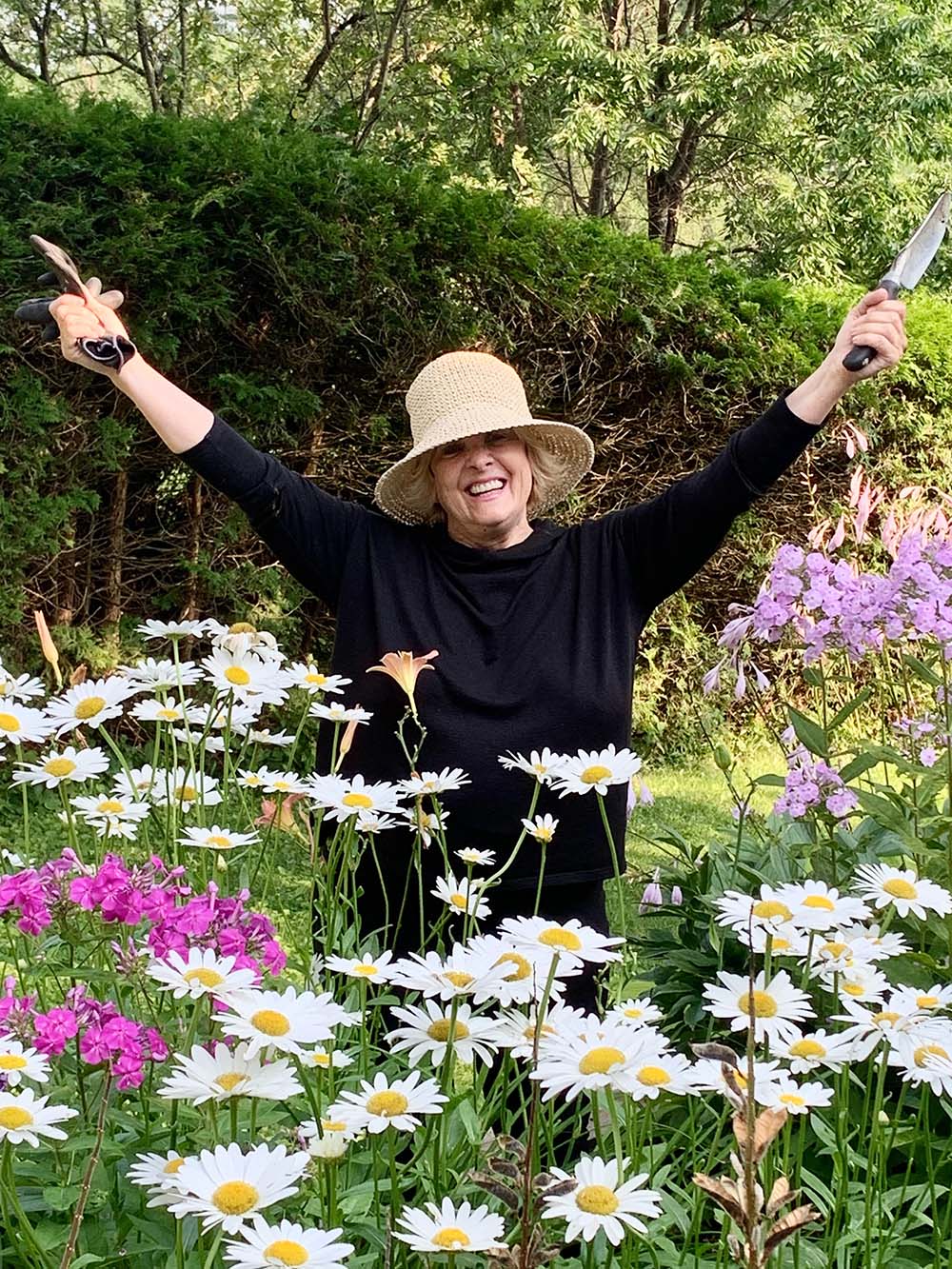
Books We Couldn’t Put Down
As avid readers, we constantly search for stories that spark the imagination and keep us turning pages late into the night.
If you’re like us and love getting lost in a good book, check out these top-selling novels that have taken Canada by storm in 2024:
- Everyone Here Is Lying by Shari Lapena
It is a thrilling tale of deception and suspense in a quiet suburban neighborhood. Secrets unravel as everyone’s lies come to light, keeping you guessing until the end. - Meet Me at the Lake by Carley Fortune
It is a romantic novel about love lost and found, set against the picturesque backdrop of a lakeside town. This story explores second chances and the power of memories. - The Defector by Chris Hadfield
It is an intense espionage thriller that blends action with space exploration, written by Canada’s astronaut. This novel will keep you on the edge of your seat.
Happy reading!


